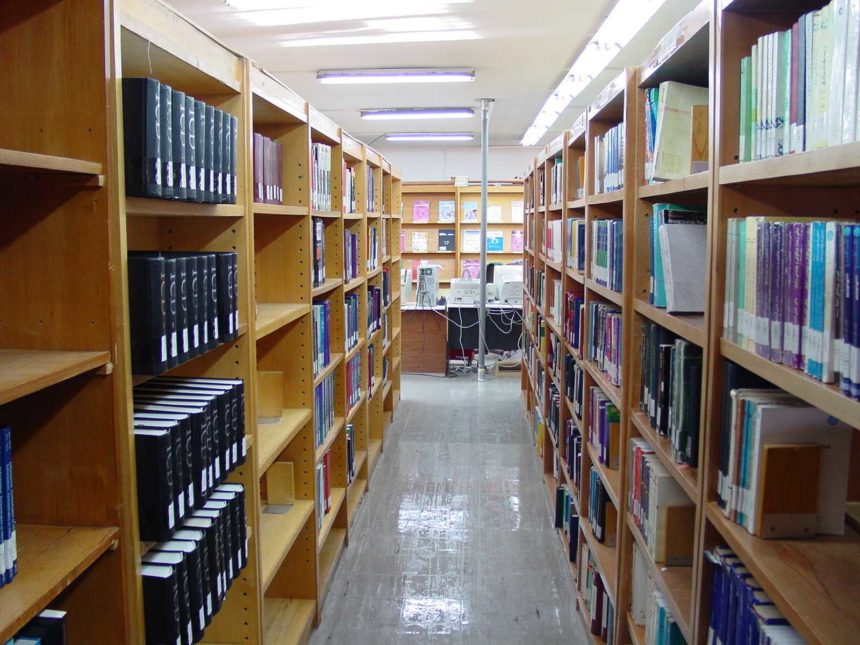RASC News Agency: According to a report from book vendors in Herat province, located in western Afghanistan, book sales have plummeted by 95%. Mohammad Amin, a local bookseller, revealed in an exclusive interview on November 17th that since the Taliban’s emergence in the country, book sales have drastically declined compared to the previous government. Amin explained that the departure of numerous educated individuals from Herat province has resulted in a halt to their pursuit of books and knowledge. Many educated young people have sought refuge in European countries, Iran, and Pakistan. Abdullah Khalili, another bookseller in Herat, shed light on the deteriorating economic situation caused by the Taliban’s control over Afghanistan for the past two years. He disclosed that for over four months, he has been unable to pay the rent for his bookstore, significantly impacting his family’s well-being.
Khalili revealed that he had invested over 300,000 Kabuli rupees into his bookstore to support his family’s livelihood. However, nowadays, not even a single kabuli rupees is being sold. Mohammad Mohibi, a resident of Herat province, shared his own struggles, highlighting that economic difficulties forced him to abandon his studies. He expressed deep concerns about the situation, explaining that many young people in Herat have turned to drug use as they face an uncertain future. Mohibi emphasized that without a strong economy to support their education, young individuals are likely to abandon schools and universities in search of ways to provide for their families. Similarly, Mohammad Olawi, a university professor in Herat province, told RASC news agency that the arrival of the Taliban has shattered motivation and enthusiasm among all sectors, especially the youth, concerning life and education.
Olawi noted that under the previous republican system, most educated individuals aspired to build careers and personal identities after completing their degrees. However, all their hopes and aspirations have now turned into mere illusions. The professor underscored that without educated individuals and academics present in the country, it is impossible for a culture of reading books and thriving book sales to flourish, particularly in Herat. Olawi further emphasized that many university teachers in Herat province who sought refuge outside Afghanistan have abandoned their roles in academia, taking on difficult jobs solely to support their families. He called on the Taliban authorities to establish a specific mechanism to address these challenging circumstances, allowing various sectors to progress significantly in their respective fields.
It is important to note that despite our repeated efforts, we have been unsuccessful in obtaining the opinions of the Taliban authorities in Herat province. Furthermore, it is worth mentioning that a number of young individuals in Herat province have discontinued their education and left Afghanistan due to the improper conduct displayed by certain individuals associated with the Taliban group. It is crucial to emphasize that these incidents are entirely a consequence of the prevailing circumstances imposed by the governing group on the local populace.






